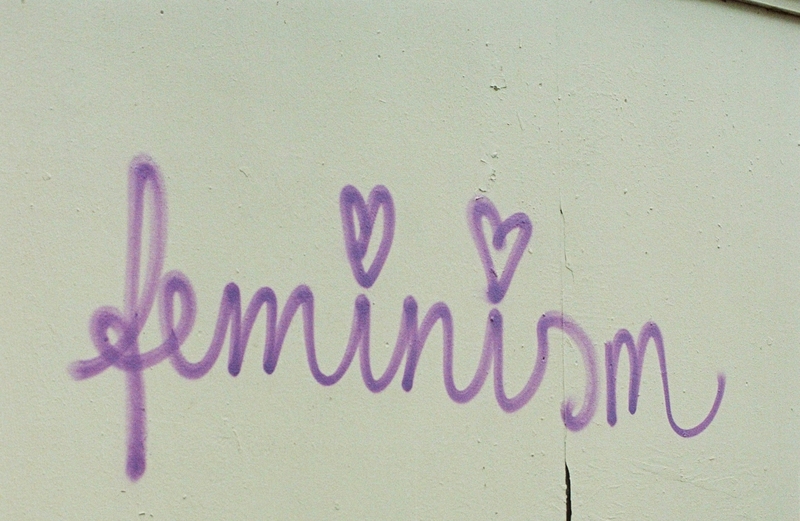Sweden’s Feminist Foreign Policy. A Case of Reproducing Colonial and Imperial Structures in ECOWAS Member States
Anna Hillendahl (2022)

Project Summary:
In 2014 Sweden announced that it would pursue a feminist foreign policy from now on. The back then new established government was the first country in the world to base its foreign policy onto feminism. Sweden, thereby, has a long history with being a feminist government. During the 20th century the Swedish government constantly increased the representation and participation of women in its political environment by adapting structuresthat challenged existing gender constructions. With the feminist foreign policy Sweden aimed at pushing the feminist practices of the government over the domestic realm into the international arena. Feminism in international relations, thereby, is not a new angle and was long before Sweden’s decision demanded by various scholars to break up various power structures. Feminist scholars started to challenge the construction of international politics during the late 1980s and 90s. The concept of feminism itself, with women’s oppression and subordination as basis, is thereby differently understood and laid out by the various scholars committed to the field of international politics. Those feminist concepts are embedded in various social theories, philosophies and movements, such as marxist or socialist, liberal, or postcolonial and originated in different places around the world. The liberal feminist concept is thereby the most dominant in international relations. However, liberal feminism applied internationally has a somewhat controversial stand. In recent years liberal feminism, also recognised as Western feminism, was associated with a universal approach towards feminism that includes an un-acknowledgment of the contribution of Western women to colonial oppression, the justification of colonial intervention ´by arguing for the saving of “brown women from brown men” (Spivak 2008: 78 ) or the conviction that local women are a valuable tool to change the culture and social structures in the global south. These characteristics themself validated development involvement of the Global North in countries of the Global South. Containing and applying a curriculum based on western values and understandings. A critical voice against the most dominant concept of feminism in international relations is postcolonial feminism. Postcolonial feminism “is concerned with the position and representation of women and other marginalized groups in the discursive formations and power structures put into place by Western colonialism and their lingering effect.” (Bartels et al. 2019: 158). Postcolonialism thereby seeks to disrupt power structures that oppress by examine “the intersections of (neo)colonialism with gender, race, nation, class and sexualities,…, with the ultimate aim to change oppressive power structures enacted in the name of race, nation and empire.” (ibid.). With Gayatri Chakravorty Spivak (2008) or Chandra Mohanty (1988), the postcolonial theory was combined with a feminist angle, concerned with the state of women from the global south as colonising or colonised subjects. Based on the critique made towards western/liberal feminism a critical reflection of Sweden’s feminist foreign policy might be in order to reflect on possible colonial and imperial effects Sweden feminist foreign policy might entail.
To read a short version of the project, click here.